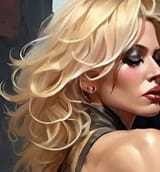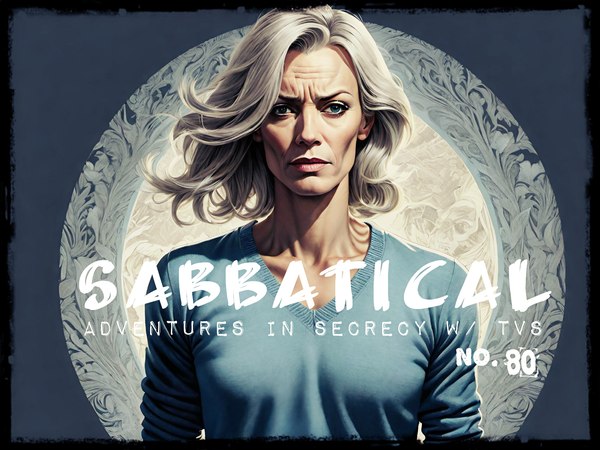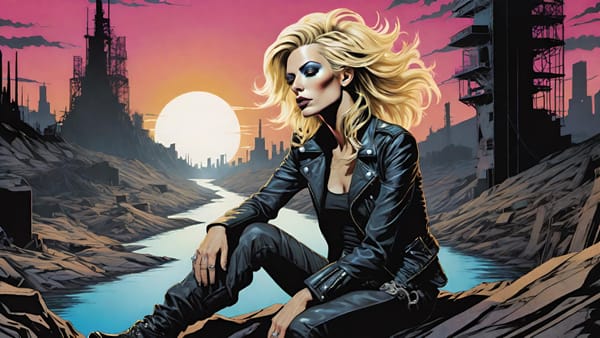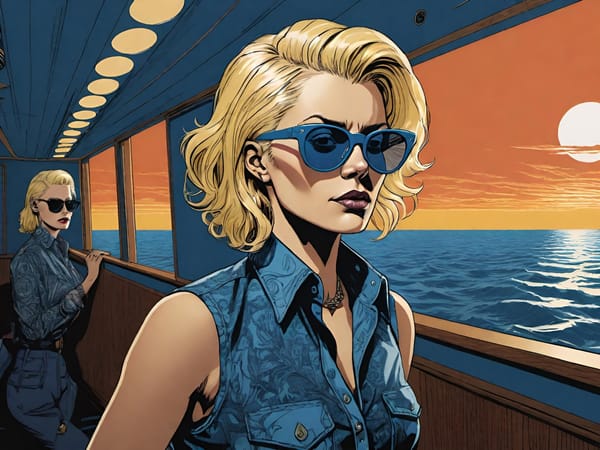The Art of the Incomplete Novel as a Finished Work: A Study in New-ish Forms
First off, some housekeeping: How is this new pace working? For those going ‘huh?’ I’ve adopted a twice a week schedule, with fiction going out on Sundays and these talky posts on Fridays. Let me know in the comments or through whatever channels we usually communicate. Oh, and if you’d like me to write about something specific, let me know that, too.
Okay, so today we have the idea of an incomplete novel as a finished work—which is more of an exploratory proposition than, say, a definitive statement.
That font of all knowledge—Wikipedia—gives us a working definition of what is termed a fragmentary novel (as well as a list, that’s in the link there), which is this:
A fragmentary novel is a novel made of fragments, vignettes, segments, documents or chapters that can be read in isolation and/or as part of the greater whole of the book. These novels typically lack a traditional plot or set of characters and often are the product of a cultural crisis. The oldest fragmentary novels are part of the (proto)-picaresque novel tradition. Some of these fragmented novels are also categorized as short story collections or epistolary novels. Some fragmentary novels are (posthumously) published unfinished novels or are partly lost novels.
That last clause in the second sentence is a doozy: “and often are the product of a cultural crisis.” Let’s save that bit for another day, tho. I mean, that could be a short series of essays unto itself, right.
So with this definition that’s like, most of what I write, ‘finished’ or otherwise. For example, someone in my writing group described my book Azza-Jono: Outbreak! as a ‘hybrid’ of a novel and a short story collection. This is not really accidental, because I like a lot of books on that list of fragmentary novels, as well as the work of Barry Gifford, much of which would fit this definition—particularly the Sailor & Lula books, which are usually positioned as novels, and the Roy stories, which are put out as short story collections.
I also really like films like Robert Altman’s Short Cuts (which is based on Raymond Carver short stories) that have a fairly huge cast of mostly unrelated characters.
So that’s all fine and good, I suppose, having these novels that are intentionally constructed in a fashion that isn’t what ‘novels’ are traditionally expected to be. But what about the ones that we just don’t finish?
Again, our working definition includes them, but to me they feel like a slightly different bird. The intention was to finish it. So while the ‘product’ (in mechanical or cappy terms) might be understood to be the same or similar, the process is quite different. And so what do we make of these?
I have, presently, at least a dozen unfinished novels, and about that many finished books—not all of which are novels, some are collections of short work.
The conventional part of my mind desperately wants to complete them all, as well as the hundred or so ideas I have for novels—and in a timely manner, no less. Not only does this feel unrealistic, I’m not even sure it’s the best idea. But neither do I simply wish to abandon them, either.
So then the conventional way of thinking goes something like: incorporate them into other novels, combine them together, turn them into another form like a short story or a screenplay or something. And sure, yes, I could certainly do any of those things—and maybe in some instances I will. But it’s a more intriguing concept to me, the idea of an unfinished novel as a complete work. Like it just … stopped.
Anyhow, that’s as far as I’ve gotten with this idea. Sound off in the comments with your take!
Happy Friday!
Xoxo,
T
AIS 0008





